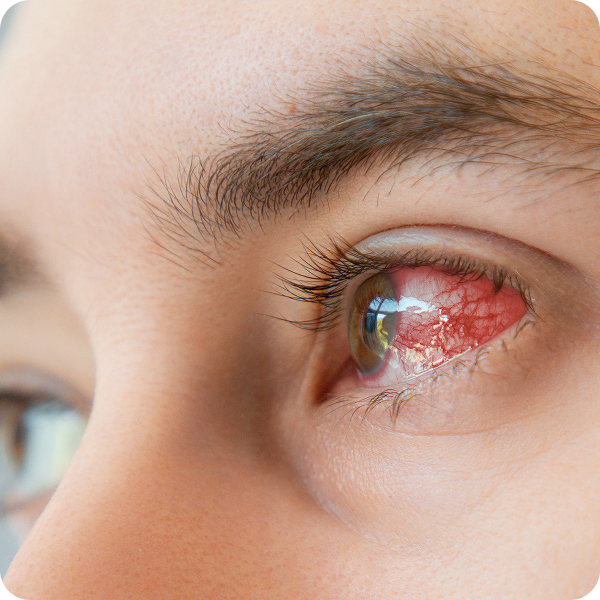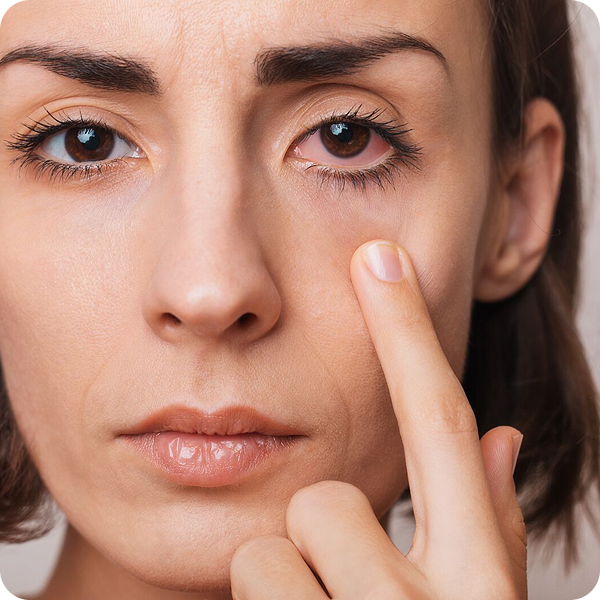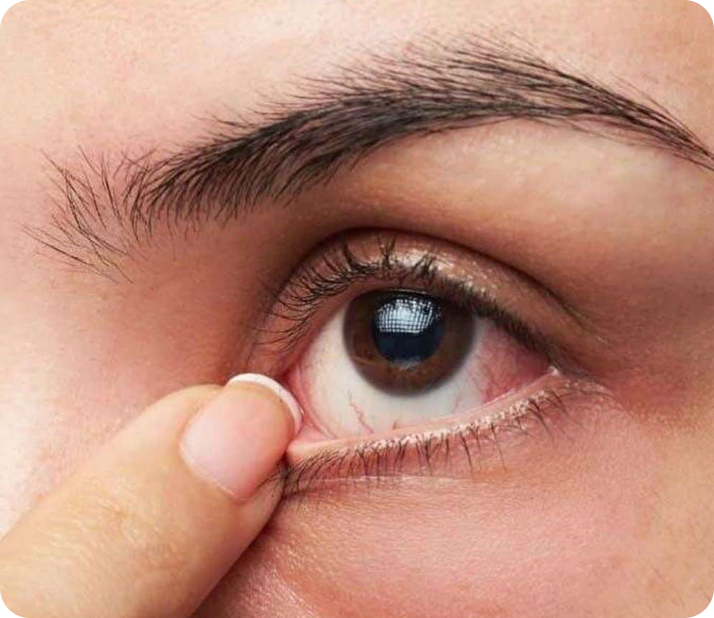
How can I tell if I have Sjogren’s Syndrome?
Patients with Sjogren’s complain of feeling like their eyes have dust or sand in them. This dryness makes the eyes feel oddly “gritty,” which can in turn cause an itching or burning sensation. The dry mouth symptoms associated with Sjogren’s can make it difficult to swallow or speak. You might feel like you have something fuzzy in your mouth. Dry eyes and dry mouth are not the only issues that patients with Sjogren’s Syndrome report. Other less common symptoms include skin rashes, joint pain, coughing, and tooth decay. The symptoms are usually secondary to eye and mouth dryness.
How is Sjogren’s Syndrome diagnosed?
Sjogren’s Syndrome is difficult to diagnose because its symptoms can be associated with other conditions as well. The fact that Sjogren’s Syndrome affects multiple parts of the body also contributes to difficulty in its diagnosis. A patient might go to an eye doctor to ask about eye dryness, or to a dentist to discuss dry mouth and tooth decay. These professionals might end up looking in the wrong place if they don’t know the condition is manifesting itself in these areas. Patients might not even realize their disparate symptoms are connected.
There are multiple tests medical professionals can perform to diagnose Sjogren’s Syndrome. An eye doctor can perform dry eye tests like Rose Bengal, Lissamine Green, and Schirmer. If you are struggling with dry eyes, you should ask your eye doctor about these tests, how they are run, and what they may reveal.

How is Sjogren’s Syndrome treated?
Patients with Sjogren’s complain of feeling like their eyes have dust or sand in them. This dryness makes the eyes feel oddly “gritty,” which can in turn cause an itching or burning sensation. The dry mouth symptoms associated with Sjogren’s can make it difficult to swallow or speak. You might feel like you have something fuzzy in your mouth. Dry eyes and dry mouth are not the only issues that patients with Sjogren’s Syndrome report. Other less common symptoms include skin rashes, joint pain, coughing, and tooth decay. The symptoms are usually secondary to eye and mouth dryness.



